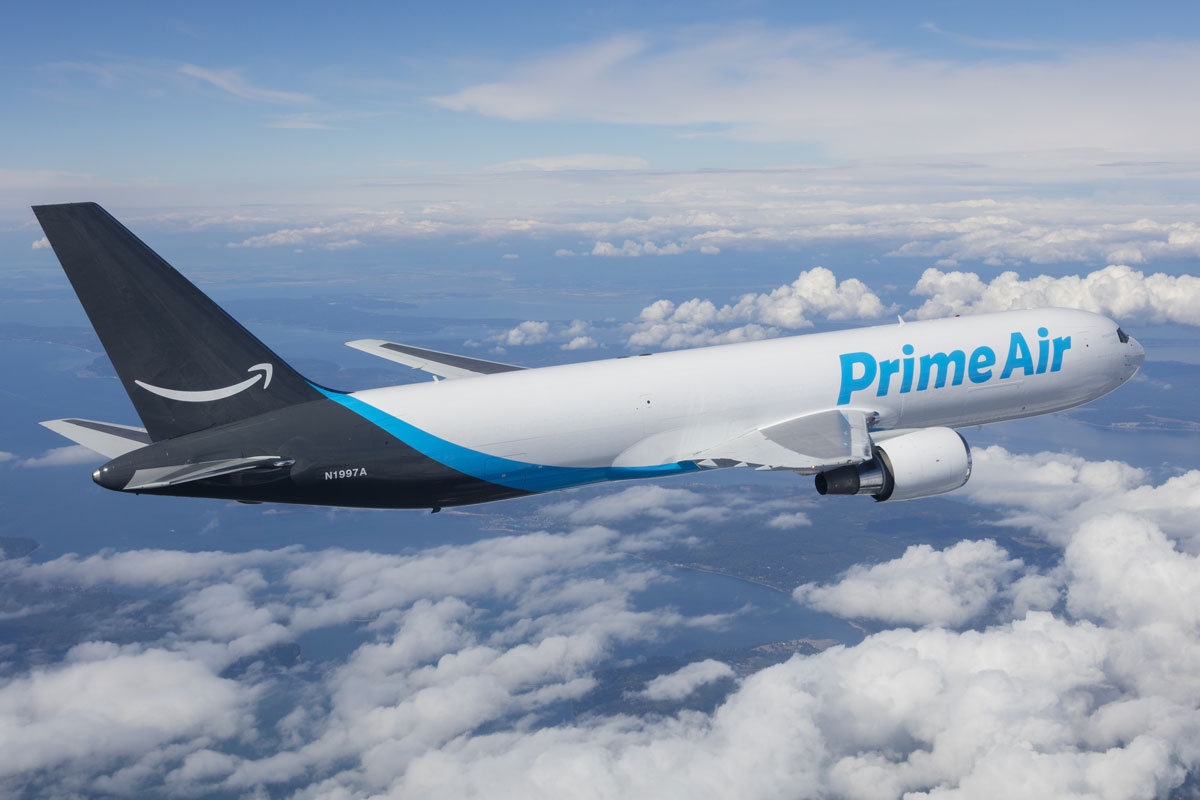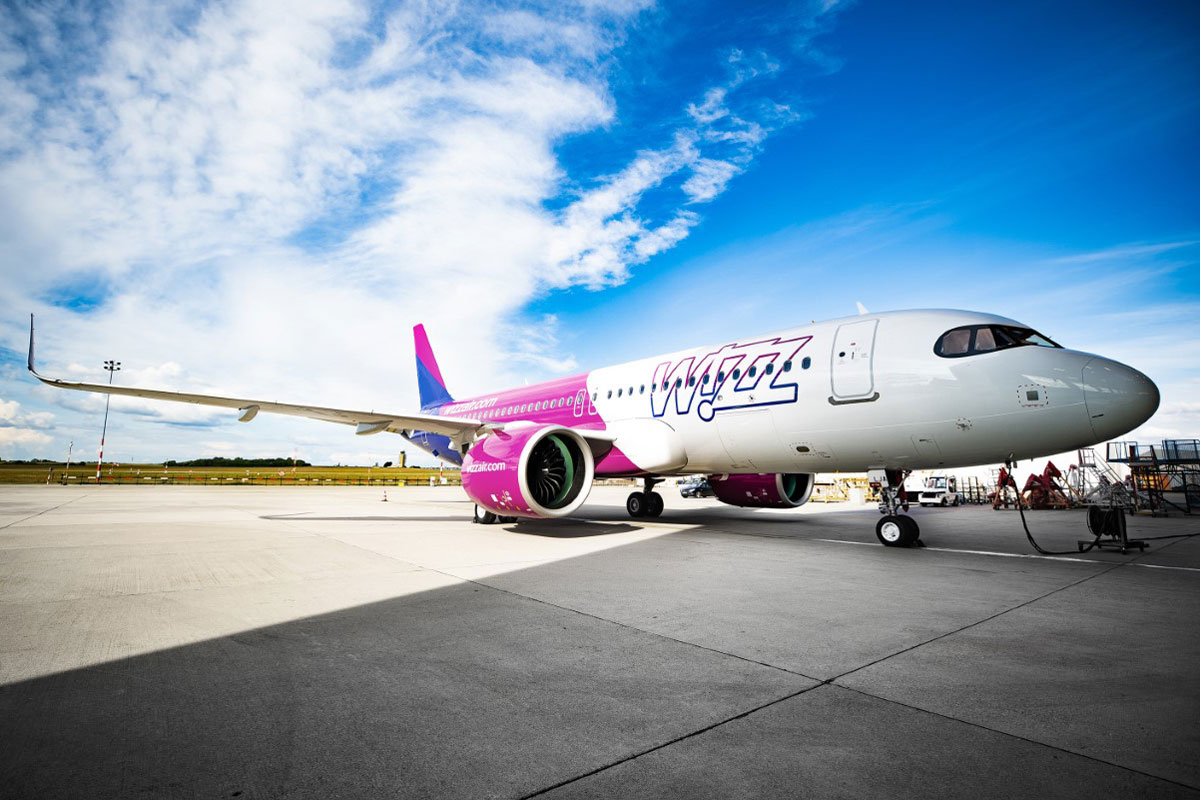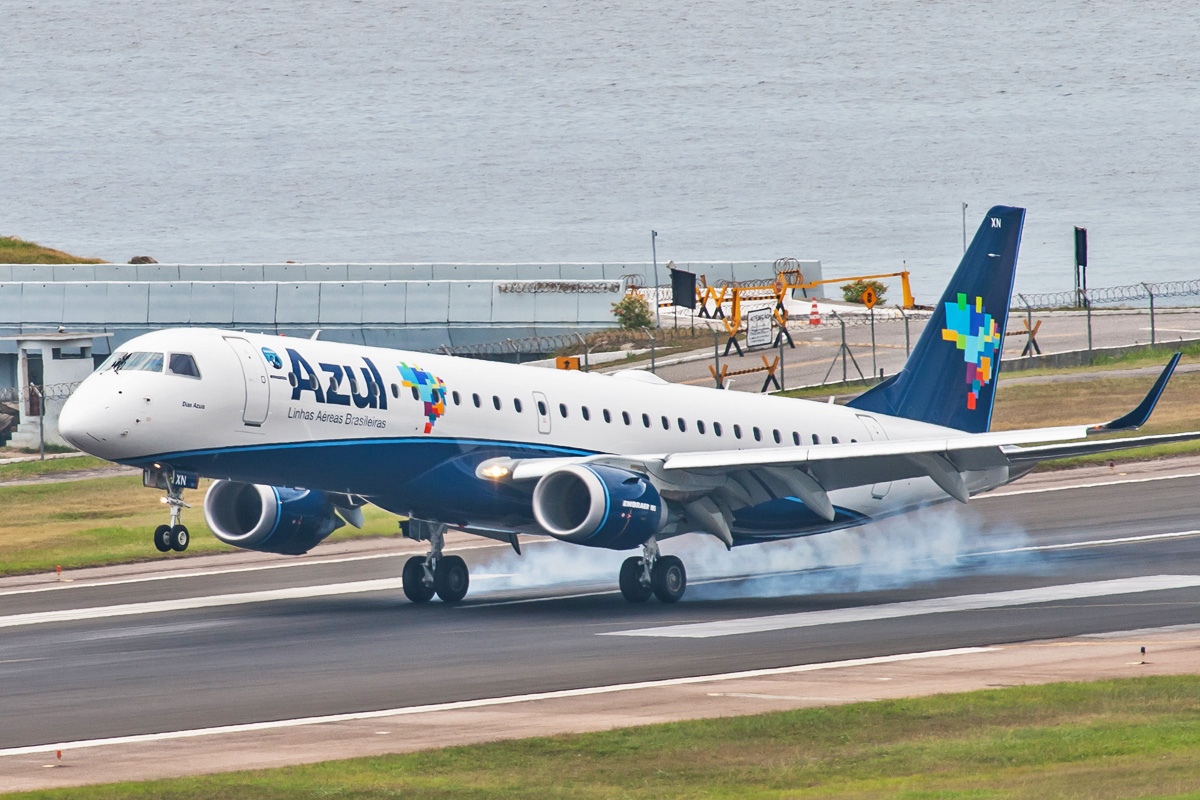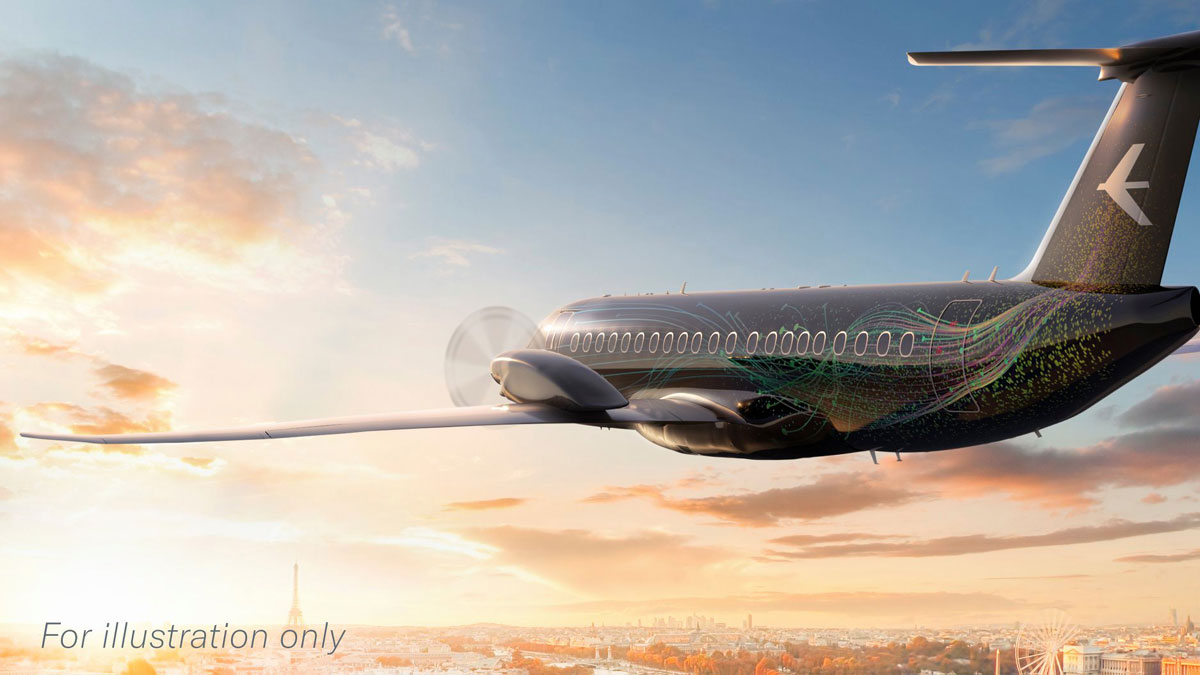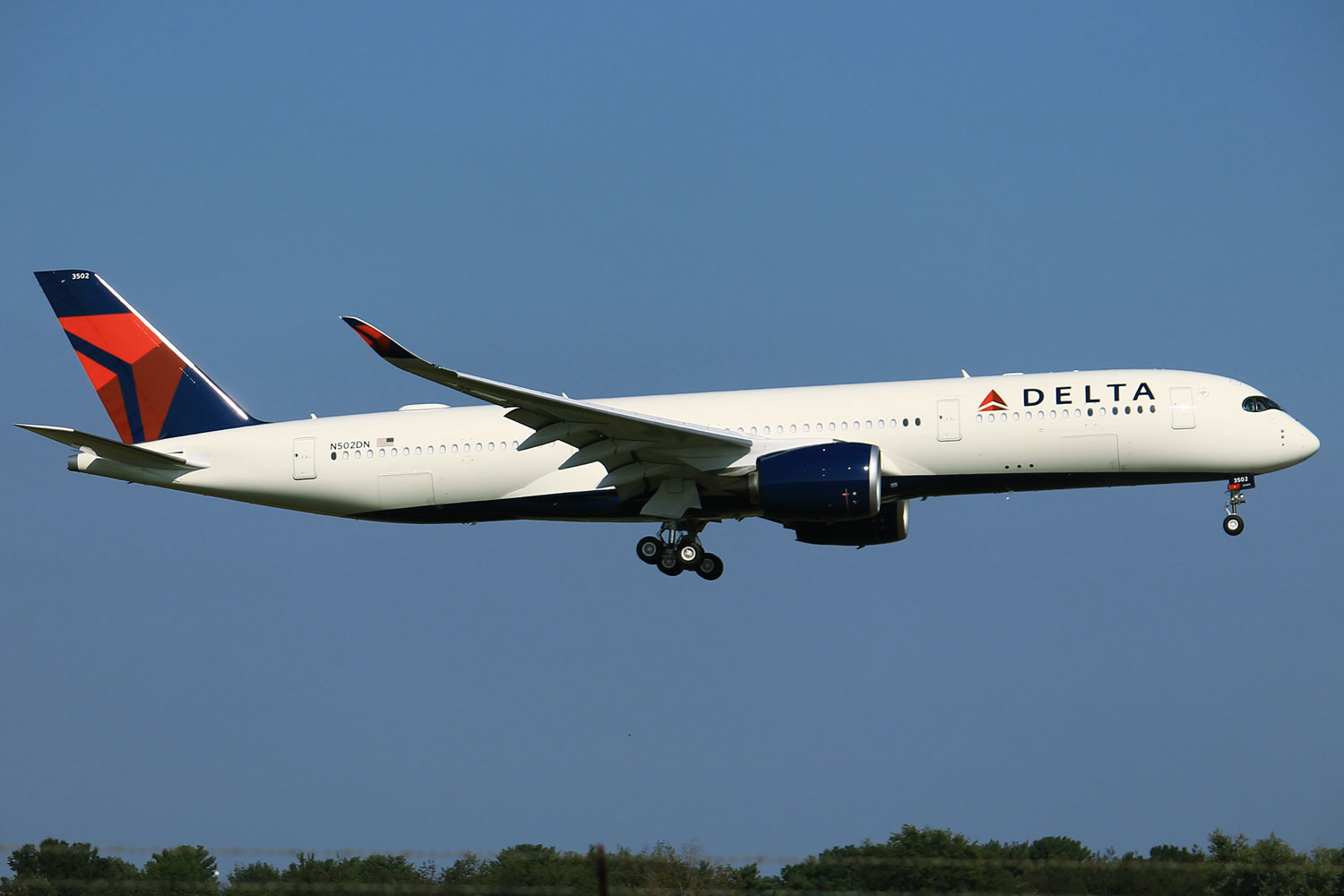While many airlines reduce their fleet in the face of the problems caused by the coronavirus pandemic, Amazon Air, the airline division of the largest e-commerce company in the world, has just announced the leasing of 12 more Boeing 767-300 jets converted for freighters.
The aircraft will be supplied by Air Transport Services Group (ATSG) and are expected to raise the Amazon fleet to more than 80 jets. According to Amazon, one of the 767 was delivered last month while the rest will be incorporated by 2021.
“Amazon Air is critical to ensuring fast delivery for our customers – both in the current environment we are facing, and beyond,” said Sarah Rhoads, Vice President of Amazon Global Air. “During a time when so many of our customers rely on us to get what they need without leaving their homes, expanding our dedicated air network ensures we have the capacity to deliver what our customers want: great selection, low prices and fast shipping speeds.”
Amazon guarantees that the expansion of the fleet is not only limited to the great demand for deliveries, which grew during the coronavirus pandemic, but also to facilitate its work as a carrier of essential items for hospitals, the so-called PPE (Personal Protective Equipment) that are used by doctors and nurses who care for patients with COVID-19.
According to Cirium, Amazon Air currently operates with 56 aircraft, consisting only of Boeing models. There are eight 737-800 freighters and 48 767-300 also converted to cargo. The company also has a leasing contract for 12 units of the 737 with GECAS, which will be delivered until next year.
Created in 2016 as Prime Air, Amazon’s air cargo company emerged as a way to streamline the company’s deliveries and has grown rapidly since then, following the expansion of its product distribution hubs around the world.
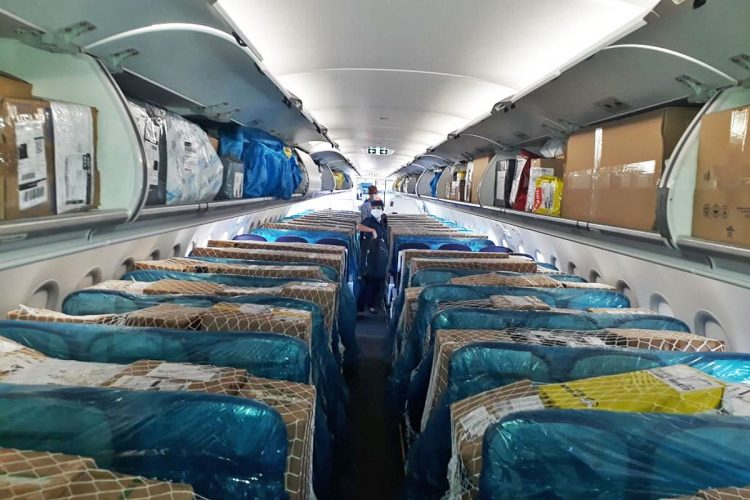
Air cargo traffic
The expansion of Amazon Air contrasts with the panorama of global air cargo traffic, which has fallen as many passenger flights were canceled and reduced the capacity of cargo. This situation ended up generating an unlikely response from several airlines in the last months that started to carry cargo flights with passenger aircraft, taking items accommodated in seats and other spaces in the main cabin.
According to IATA, the International Airline Transport Association, global cargo demand plummeted almost 28% in April, compared to the same month last year. Capacity in tonnes/km fell even further, by 42%.

